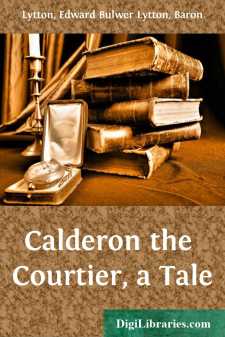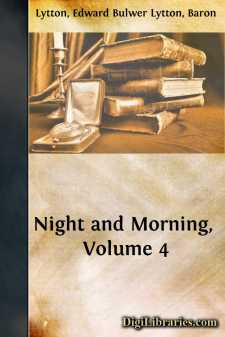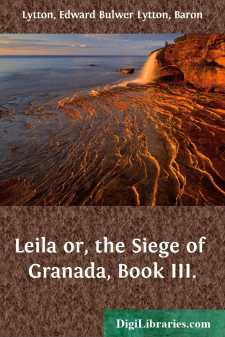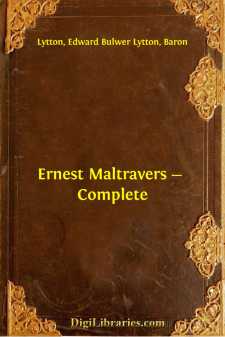Categories
- Antiques & Collectibles 13
- Architecture 36
- Art 48
- Bibles 22
- Biography & Autobiography 813
- Body, Mind & Spirit 142
- Business & Economics 28
- Children's Books 17
- Children's Fiction 14
- Computers 4
- Cooking 94
- Crafts & Hobbies 4
- Drama 346
- Education 46
- Family & Relationships 57
- Fiction 11829
- Games 19
- Gardening 17
- Health & Fitness 34
- History 1377
- House & Home 1
- Humor 147
- Juvenile Fiction 1873
- Juvenile Nonfiction 202
- Language Arts & Disciplines 88
- Law 16
- Literary Collections 686
- Literary Criticism 179
- Mathematics 13
- Medical 41
- Music 40
- Nature 179
- Non-Classifiable 1768
- Performing Arts 7
- Periodicals 1453
- Philosophy 64
- Photography 2
- Poetry 896
- Political Science 203
- Psychology 42
- Reference 154
- Religion 513
- Science 126
- Self-Help 84
- Social Science 81
- Sports & Recreation 34
- Study Aids 3
- Technology & Engineering 59
- Transportation 23
- Travel 463
- True Crime 29
Calderon the Courtier, a Tale
Description:
Excerpt
CHAPTER I. THE ANTE-CHAMBER.
The Tragi-Comedy of Court Intrigue, which had ever found its principal theatre in Spain since the accession of the House of Austria to the throne, was represented with singular complication of incident and brilliancy of performance during the reign of Philip the Third. That monarch, weak, indolent, and superstitious, left the reins of government in the hands of the Duke of Lerma. The Duke of Lerma, in his turn, mild, easy, ostentatious, and shamefully corrupt, resigned the authority he had thus received to Roderigo Calderon, an able and resolute upstart, whom nature and fortune seemed equally to favour and endow. But, not more to his talents, which were great, than to the policy of religious persecution which he had supported and enforced, Roderigo Calderon owed his promotion. The King and the Inquisition had, some years before our story opens, resolved upon the general expulsion of the Moriscos the wealthiest, the most active, the most industrious portion of the population.
"I would sooner," said the bigoted king—and his words were hallowed by the enthusiasm of the Church—"depopulate my kingdom than suffer it to harbour a single infidel." The Duke de Lerma entered into the scheme that lost to Spain many of her most valuable subjects, with the zeal of a pious Catholic expectant of the Cardinal's hat, which he afterwards obtained. But to this scheme Calderon brought an energy, a decision, a vehemence, and sagacity of hatred, that savoured more of personal vengeance than religious persecution. His perseverance in this good work established him firmly in the king's favour; and in this he was supported by the friendship not only of Lerma, but of Fray Louis de Aliaga, a renowned Jesuit, and confessor to the king. The disasters and distresses occasioned by this barbarous crusade, which crippled the royal revenues, and seriously injured the estates of the principal barons, from whose lands the industrious and intelligent Moriscos were expelled, ultimately concentred a deep and general hatred upon Calderon. But his extraordinary address and vigorous energies, his perfect mastery of the science of intrigue, not only sustained, but continued to augment, his power. Though the king was yet in the prime of middle age, his health was infirm and his life precarious. Calderon had contrived, while preserving the favour of the reigning monarch, to establish himself as the friend and companion of the heir apparent. In this, indeed, he had affected to yield to the policy of the king himself; for Philip the Third had a wholesome terror of the possible ambition of his son, who early evinced talents which might have been formidable, but for passions which urged him into the most vicious pleasures and the most extravagant excesses. The craft of the king was satisfied by the device of placing about the person of the Infant one devoted to himself; nor did his conscience, pious as he was, revolt at the profligacy which his favourite was said to participate, and, perhaps, to encourage; since the less popular the prince, the more powerful the king....












